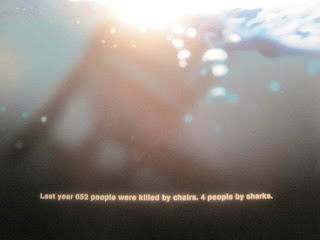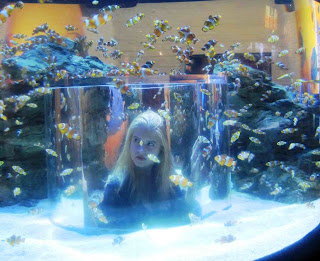Marie with Thandokhulu Metric Class
This past holiday was, perhaps, the best Easter that I’ve had in a while. It was my last Sunday spent in Cape Town at the Church of Christ—a community which I have come to know and love—and probably the last time that my African friends and I will all be in the same room together. At an Easter party hosted by one of the girls on Sunday afternoon, I remember stepping back, looking around the room, and truly appreciating my new life in Cape Town—a life that will be over in just a few short days! It’s futile to describe in words just how much I will miss the people of Cape Town, but I can say that I have never before had the privilege of meeting so many amazing people in such a short period of time. My time in South Africa has been truly blessed and I thank God every day for allowing me the strength, opportunity, and finances to come here and enjoy this beautiful country.
As my mind shifts to my old life above the equator, I am left wondering how I can incorporate all of my newfound knowledge gained during this experience into my life back in the States. Undoubtedly, my American readjustment will be an interesting and memoir-worthy process that I’m sure will require me to draw upon much of the strength that I’ve amassed here. However, as my Mother always says, “hope is the last thing to die.” The kindness, generosity, and dedication to humanitarianism that I’ve witnessed here are more than enough to pull me through any obstacle and ignorance that I will encounter back home. As much as I am outraged by the life situations of so many people around the world, I am also hopeful for the change that I can enact and see others enacting. This journey has been a thrilling rollercoaster ride full of ups and downs—it’s exhilarating to be here and learn so much but it’s also unimaginably hurtful because I’m aware that it’s a sordid reality that I am learning about. Now that I know, the torch of education has been passed to me and it’s my responsibility as a human being to educate and pass that torch to others. We have the potential to live in a free world; we need to tap into that potential so that we all have an equal chance for happiness.
Remember: Live, laugh, love—the best things in life aren’t things!













